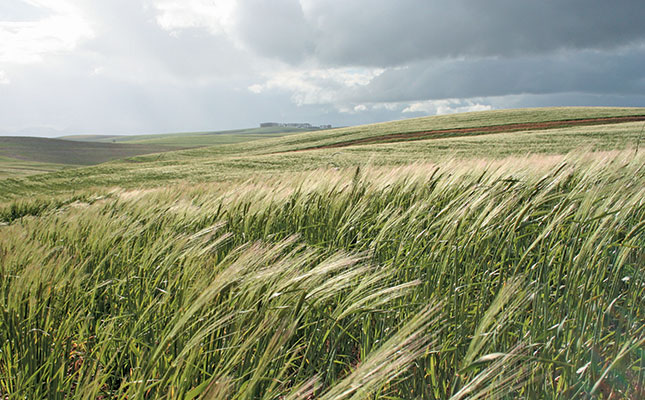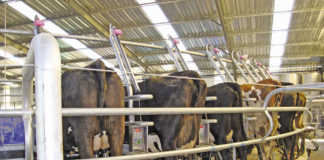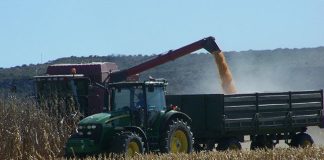
Photo: FW Archive
The Expropriation Bill in its current format allowed for the possibility of nil compensation for expropriation.
“In its initial submissions to government on the bill, Agri SA commissioned two studies to inform and support its commentary,” Van der Rheede said. “Our position remains that the inclusion of the nil compensation clause will undermine access to capital and capital formation for the sector and economy.
“Examples from similar land policies implemented in countries like Zimbabwe and Venezuela illustrate the potentially disastrous impact that these policies can have on agriculture, the broader economy, and society.
“[The bill as it stands] will have a negative impact on our shared national commitment to building a more inclusive agriculture sector. It will weaken the protections afforded to private property and this could see an exodus of capital from the agriculture sector and the broader economy. The anticipated loss of jobs and investment will impact both emerging and established farmers alike.”
Dr Kobus Laubscher, an independent economist, told Farmer’s Weekly that this was potentially an “explosive” matter, which needed to be handled with the “utmost care”.
“The agriculture sector [must] continue [to engage] with all parties involved, such as local communities and the state. South Africa cannot afford to lose the integrity of ownership, the rhythm of agricultural production and the sector’s capabilities in terms of the production of safe, sufficient and affordable food,” he said.
Van der Rheede added that property rights were the “cornerstone of economic development”, and that Agri SA would “use every tool at its disposal to ensure their continued protection under the Constitution of South Africa”.
The Expropriation Bill is set to be tabled in the National Council of Provinces for commencement, after which it will be signed into law by President Cyril Ramaphosa.












